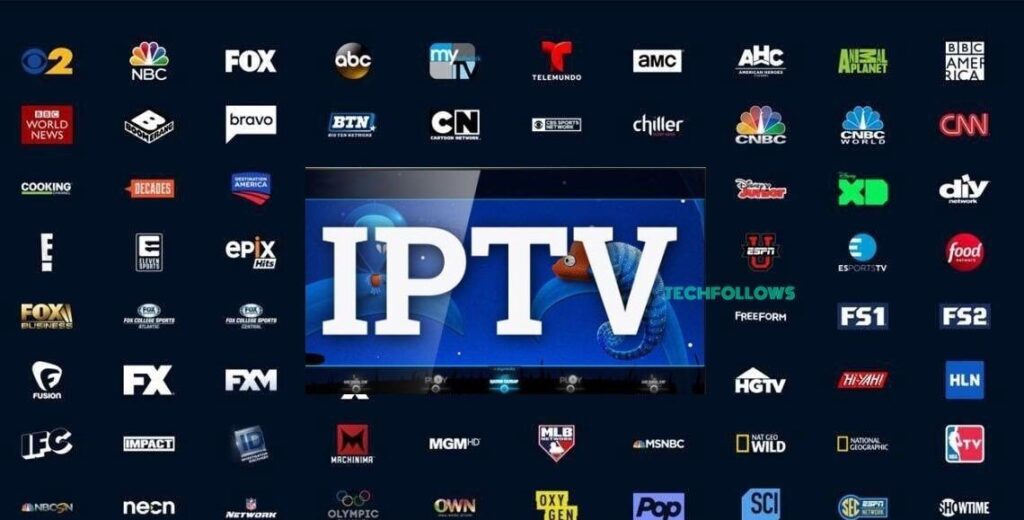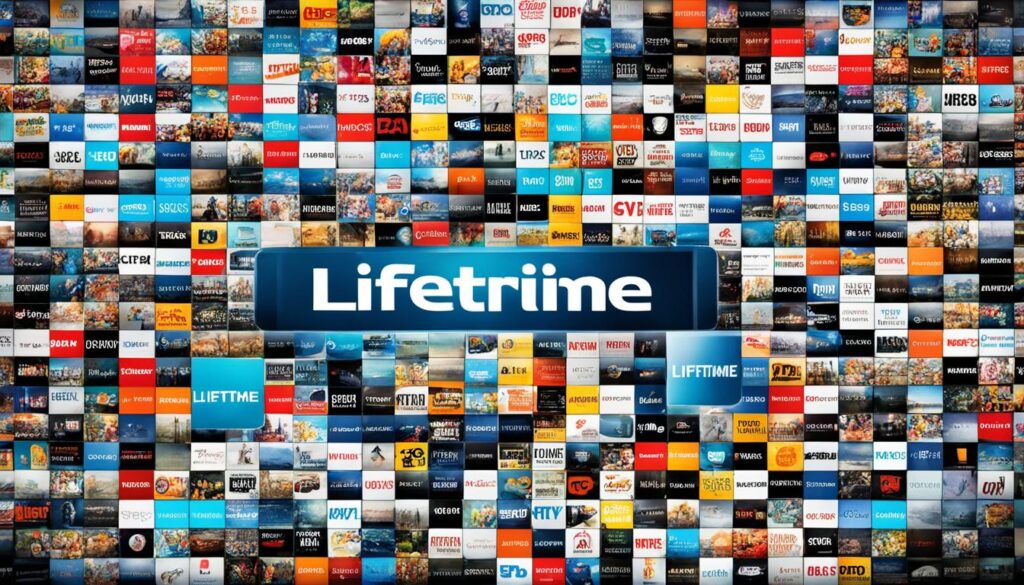Comparing Monthly vs IPTV Subscription Lifetime Plans
Introduction
When it comes to watching your favorite TV shows, sports events, or movies, the subscription model you choose can significantly impact your viewing experience and your wallet. Internet Protocol Television (IPTV) is an increasingly popular option, offering a wide range of channels and on-demand content delivered over the internet. But should you go for a monthly subscription or invest in a lifetime plan? Let’s dive into the details to find out which option saves you more money in the long run.
Understanding IPTV Subscriptions
Definition of IPTV
IPTV stands for Internet Protocol Television, which refers to the delivery of television content over internet protocols instead of traditional cable or satellite formats. This allows for more flexible viewing options, including live TV, on-demand videos, and time-shifted media.

Types of IPTV Subscriptions
IPTV subscriptions come in various forms, primarily monthly and lifetime plans. Each has its own set of benefits and drawbacks, which we’ll explore in detail.
Monthly IPTV Subscription Plans
Overview of Monthly Plans
Monthly IPTV subscriptions are paid on a recurring basis, usually every 30 days. These plans offer a lot of flexibility as you can cancel or change your plan at any time without a long-term commitment.
Pros of Monthly Plans
- Flexibility: You can switch providers easily if you’re not satisfied with the service.
- Lower Initial Cost: Monthly payments spread out the cost over time, making it easier to manage.
- Trial Options: Many providers offer trial periods, allowing you to test the service before committing.
Cons of Monthly Plans
- Higher Long-Term Cost: Over time, monthly payments can add up to be more expensive than a one-time payment.
- Ongoing Payment Obligation: You need to remember to pay every month, which can be inconvenient.
Lifetime IPTV Subscription Plans
Overview of Lifetime Plans
Lifetime IPTV subscriptions require a one-time payment for indefinite access to the service. This option is often marketed as a way to save money in the long run.
Pros of Lifetime Plans
- Cost Savings: A single payment can be more economical over several years compared to monthly payments.
- No Recurring Payments: Once you pay, you don’t have to worry about future payments.
- Long-Term Access: Ideal for long-term users who plan to use the service for many years.
Cons of Lifetime Plans
- High Initial Cost: The upfront payment can be a significant financial commitment.
- Risk of Service Discontinuation: If the provider goes out of business, you could lose your investment.
- Limited Flexibility: You’re locked into one provider and can’t easily switch if the service quality drops.
Cost Comparison
Monthly Plans vs. Lifetime Plans Cost Analysis
To determine which plan saves more money, let’s compare the costs. Suppose a monthly plan costs $10, and a lifetime plan costs $300.
- Monthly Plan: $10/month x 12 months/year = $120/year
- Lifetime Plan: $300 one-time payment
In this scenario, the lifetime plan breaks even after 2.5 years ($300 / $120 per year). After that, the lifetime plan becomes more cost-effective.
Short-Term vs. Long-Term Savings
- Short-Term: Monthly plans are better if you plan to use the service for less than 2.5 years.
- Long-Term: Lifetime plans offer significant savings if you use the service for more than 2.5 years.
Flexibility and Commitment

Monthly Plans Flexibility
Monthly plans offer greater flexibility, allowing you to cancel or switch providers without a significant financial loss.
Lifetime Plans Commitment
Lifetime plans require a long-term commitment. If you’re confident in your choice, this can be beneficial, but it also means you’re stuck with the provider for better or worse.
Quality of Service
Reliability of Monthly Plans
Monthly plans often come with better customer support and regular updates, as providers need to retain their customers.
Reliability of Lifetime Plans
Lifetime plans can sometimes suffer from neglect since the provider has already received the payment. However, reputable providers will maintain high service standards to uphold their reputation.
Customer Support
Support Availability in Monthly Plans
Monthly subscribers typically receive ongoing customer support to ensure satisfaction and reduce churn rates.
Support Availability in Lifetime Plans
Lifetime subscribers might experience a decline in support quality over time, but this varies by provider.
Content Variety and Access
Channels and Content Available in Monthly Plans
Monthly plans often offer a wide variety of channels and on-demand content, with the ability to add or remove packages as desired.
Channels and Content Available in Lifetime Plans
Lifetime plans usually include access to a comprehensive range of content, but options to modify the package may be limited.
User Experience
Ease of Use in Monthly Plans
Monthly plans tend to offer a more user-friendly experience with regular updates and enhancements.
Ease of Use in Lifetime Plans
Lifetime plans can be just as user-friendly, but the user experience depends heavily on the provider’s commitment to maintaining the service.
Technology and Updates
Technological Advancements in Monthly Plans
Monthly subscribers benefit from the latest technology and updates, ensuring an up-to-date viewing experience.
Technological Advancements in Lifetime Plans
Lifetime plans may not receive updates as frequently, but reputable providers will still offer necessary technological advancements.
Security and Privacy
Monthly Plans Security Features
Monthly plans usually include robust security features to protect user data and ensure safe viewing.
Lifetime Plans Security Features
Lifetime plans should also offer strong security measures, but continuous updates are crucial to maintaining security standards.
Potential Hidden Costs
Hidden Costs in Monthly Plans
Monthly plans might have hidden fees for additional features, premium channels, or equipment rentals.
Hidden Costs in Lifetime Plans
Lifetime plans could have hidden costs related to service upgrades or changes in terms and conditions over time.
Market Trends and Future Considerations
Current Market Trends
The IPTV market is constantly evolving, with new providers and features emerging regularly. Monthly plans tend to keep up with these trends more readily.
Future of IPTV Subscriptions
The future of IPTV looks promising, with increasing demand for flexible and affordable viewing options. Lifetime plans might adapt to include more features, while monthly plans will continue to offer the latest advancements.

Conclusion
Choosing between monthly and lifetime IPTV subscription plans depends on your viewing habits, budget, and long-term plans. Monthly plans offer flexibility and ease of switching, ideal for short-term use or those who prefer not to commit. Lifetime plans, on the other hand, provide significant savings over time for long-term users who are confident in their choice of provider. Carefully consider your needs and the pros and cons of each option to make the best decision for your IPTV subscription.
FAQs
What is IPTV? IPTV (Internet Protocol Television) delivers television content over internet protocols rather than traditional satellite or cable formats, offering more flexibility and a variety of viewing options.
Are lifetime plans worth it? Lifetime plans can be worth it if you plan to use the service for several years, as they offer significant long-term savings compared to monthly plans.
Can I switch from a monthly to a lifetime plan? Yes, many providers allow you to switch from a monthly to a lifetime plan, often with some form of discount or incentive.
Do all IPTV services offer lifetime plans? Not all IPTV providers offer lifetime plans. It’s essential to research and find a reputable provider that offers this option if you’re interested.
How do I choose the best IPTV service? Consider factors like content variety, customer support, reliability, technological advancements, and security features when choosing the best IPTV service for your needs.





